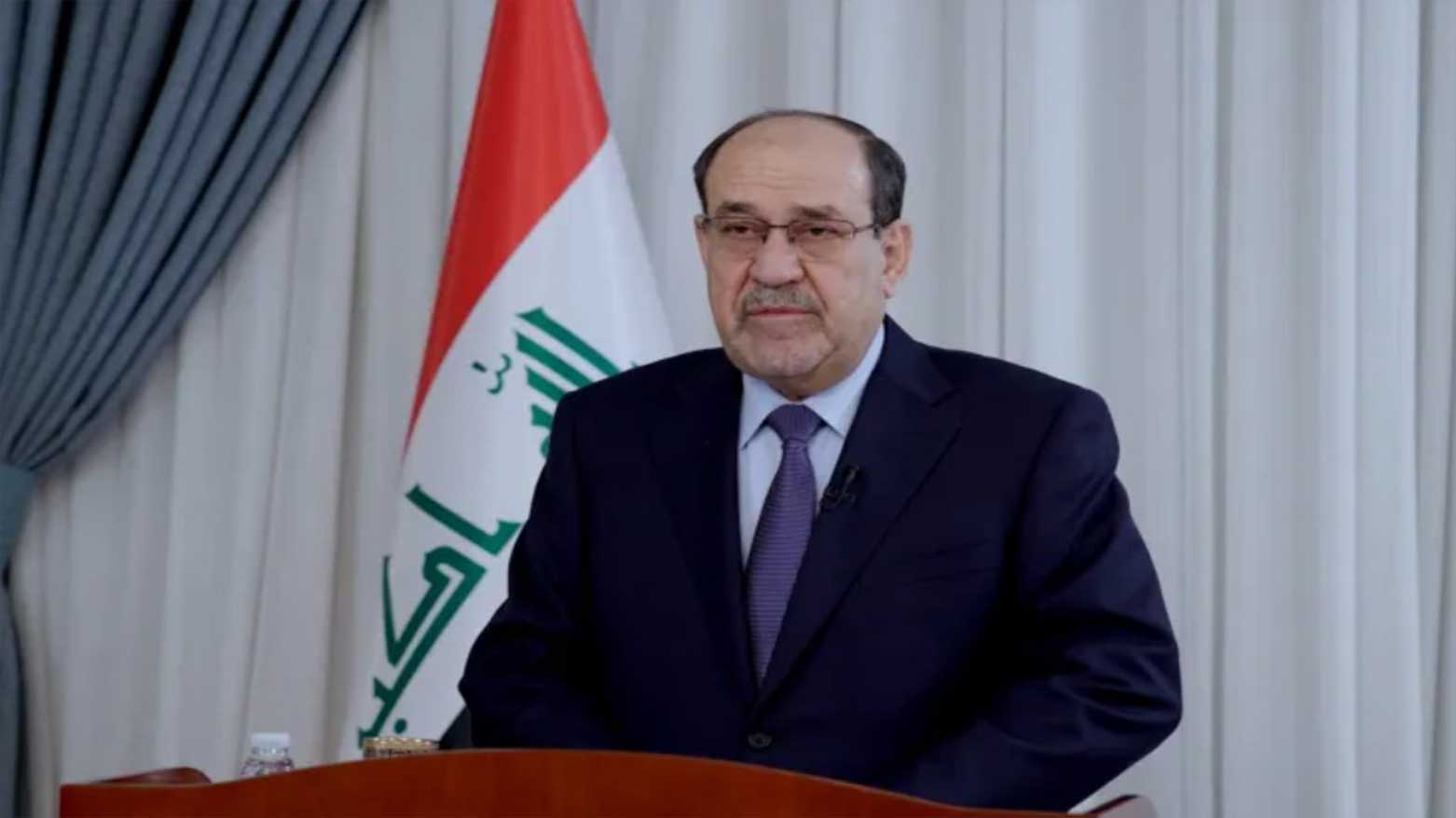Al-Maliki Warns Against Repeating the Syrian Scenario in Iraq
He also highlighted the continued threat posed by remnants of ISIS and the dissolved Baath Party, warning that they serve as tools for destabilization.

Feb. 1, 2025
ERBIL (Kurdistan24) – Nouri al-Maliki, leader of the State of Law Coalition, on Saturday, emphasized the need to resist attempts to replicate the Syrian crisis in Iraq, asserting that the country remains stable and democratic.
Speaking at the founding conference of the Karbala tribal chiefs and sheikhs, al-Maliki cautioned against efforts to undermine Iraq’s political process, arguing that any internal strife could have dire consequences, similar to the Syrian conflict.
"What is happening in the region is a major sedition," he said. "If we fail to confront it and grasp its implications, it will spread further."
He also highlighted the continued threat posed by remnants of ISIS and the dissolved Baath Party, warning that they serve as tools for destabilization. According to al-Maliki, these groups are becoming active again, unnoticed by security forces. However, he added, "As long as we are here and armed, they will regret it."
Al-Maliki further criticized external pressures to release imprisoned terrorists, vowing that his coalition would resist such moves.
Political reforms, curbing Iranian influence, and consolidating state control over armed factions are seen by the U.S. and some Iraqi groups as crucial for strengthening Iraq’s sovereignty. With parliamentary elections set for 2025, the results could reshape the political landscape, while electoral reforms aim to enhance representation and reduce the marginalization of smaller parties.
For years, various geopolitical analyses and leaked proposals have speculated about potential scenarios to divide certain Middle Eastern countries, including Iraq, along ethnic and sectarian lines.
Some Western policymakers and regional actors have suggested partitioning Iraq into separate Sunni, Shia, and Kurdish entities as a means to manage sectarian tensions. Additionally, reports of alleged maps depicting a fragmented Iraq have circulated in think tanks and media outlets, sparking fears of foreign interference.
While Iraqi leaders across the spectrum have rejected such divisions, ongoing regional instability, foreign influence, and internal political rivalries continue to raise concerns about the country’s territorial integrity.
